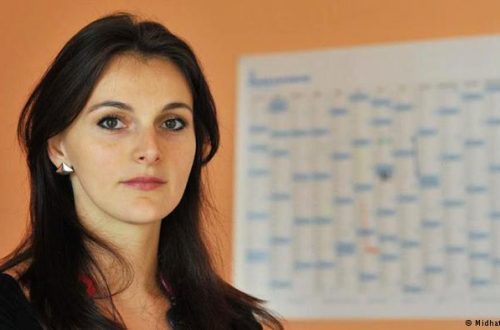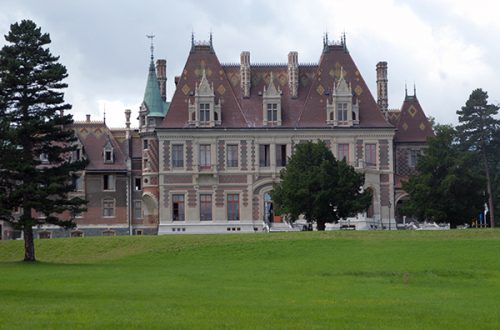publications
Category for all the publications.
Report: Similar Differences and Missing Mechanisms
After the 2010 general elections, both Belgium and Bosnia and Herzegovina continue to operate without governments. The countries are also similar in that both are federal states, both are composed of three regions, and both are made up of three communities. However, the lack of a government seems to affect BiH much more severely than it does Belgium due to a number of significant structural differences. Four months without a government in Bosnia with so many outstanding issues certainly makes a larger impact than eight months without a government in Belgium. While Belgium is one of the founding members of the EU, BiH still has to apply for candidate status. The…
Policy Brief: The Bosnian Hiatus – A Story of Misinterpretations
This paper presents an overview of the different opinions that have been active in blocking the closure of the OHR. Additionally, it argues that Bosnia’s politicians do not genuinely want the OHR to hand over its ownership of the processes in the country, and are in fact creating crises to prevent this from happening. Finally, the paper examines the EU’s role in these processes and the implications of the EU27’s inability to reach consensus on Bosnia. In 2010, the debate on international power in Bosnia and Herzegovina is still ongoing. No clear policies that would make the issue less complicated are in place. To investigate what this means outside of…
Report: How Can the EU’s Lisbon Agenda Help Bosnia’s Stabilisation and Association Process?
“What needs to be pointed out here is the significance of meeting the obligations arising from the SAA. Efficient implementation of these commitments and the continuation of reforms are required in order to make progress towards the next stages in the European integration process, particularly aiming towards candidate country status” – Osman Topčagić, BiH Directorate of European Integration. Agreed in 2000, the Lisbon Agenda expresses how the member states of the EU swap good practice to make the EU “the most dynamic and competitive knowledge-based economy in the world capable of sustainable economic growth with more and better jobs and greater social cohesion, and respect for the environment by 2010.” The…












